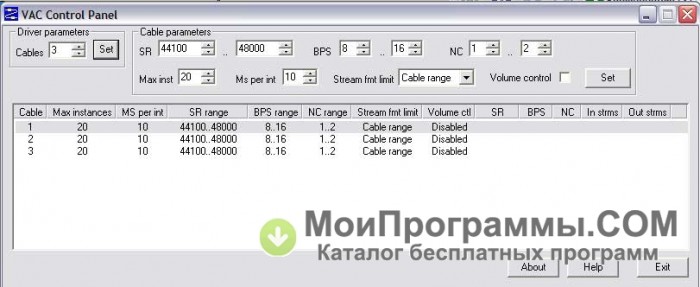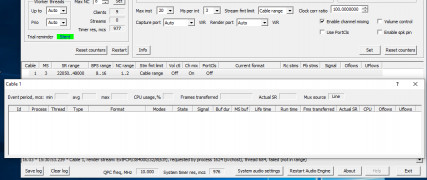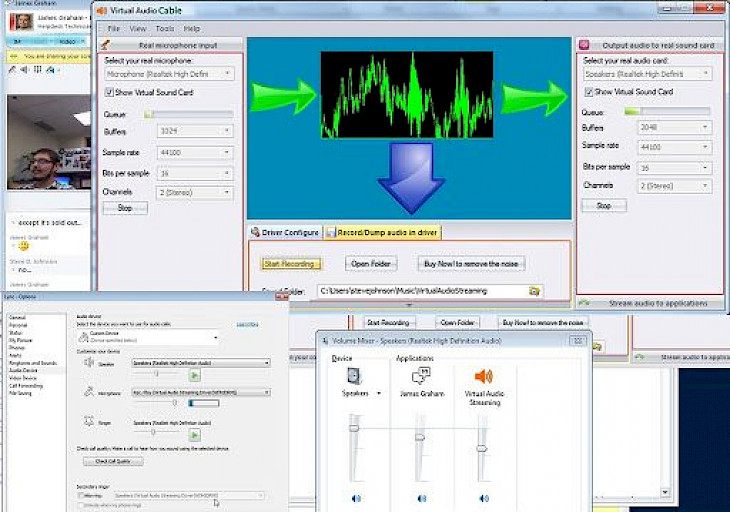
If it doesn’t exist already, create a file called /etc/rc.local which will contain various commands that must be run at startup. The basic concept is similar to Windows, you create two loopback devices (virtual audio cables). The following was completed on Ubuntu 18.04 but should be similar for any Debian derived version of Linux. With Linux, no additional software is required however it will need some configuration completing. Basically, the output of wfview connects to the input of WSJT-X and the output of WSJT-X connects to the input of wfview. In your software, for example WSJT-X, under the Audio tab, Input wants to be “Line 1 (Virtual Audio Cable)” and Output “Line 2 (Virtual Audio Cable)”. In wfview, Audio Output should be “Line 1 (Virtual Audio Cable” and Audio Input “Line 2 (Virtual Audio Cable)”. Once you have this running, it is simply a case of selecting the Audio Output and Input devices in wfview and your other software. I only enabled Line in the “Connected Source Lines”. The key settings are the Sample Rate (SR) which should be 48000 and BPS Range which should be 16bit.

In VAC You will need to create two “Cables” as per the image below: VB-Cable is a free alternative that can be downloaded from it should work and we will hopefully get a chance to test it at some point. Windows Virtual Audio Cableįor Microsoft Windows users, we have tested Virtual Audio Cable which must be registered and costs $30 for non-commercial use. For USB connected rigs, you can simply use the USB audio devices provided by your rig. The following are only required for users who are connected to their rig via LAN/WiFi.

We have tested configurations in both Windows and Linux but similar functionality can be achieved in MacOS using a tool called SoundFlower These are effectively loopback sound cards that the transmit and receive audio are sent via wfview and allow your digital mode software (WSJT-X, Fldigi etc) to connect to it.

It is necessary to create “virtual audio” connections.

To be able to use wfview with digital modes like FT8, PSK etc.


 0 kommentar(er)
0 kommentar(er)
